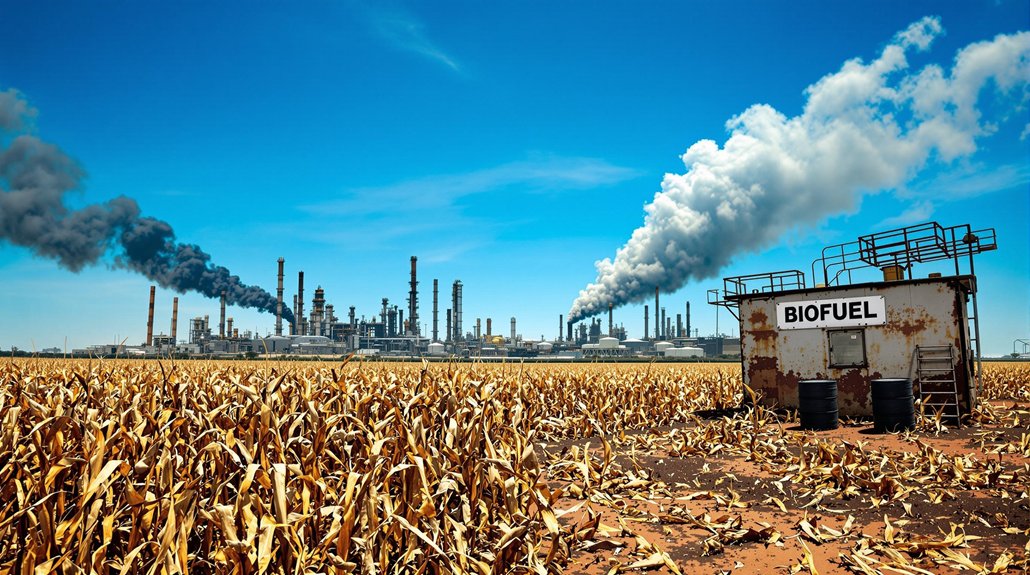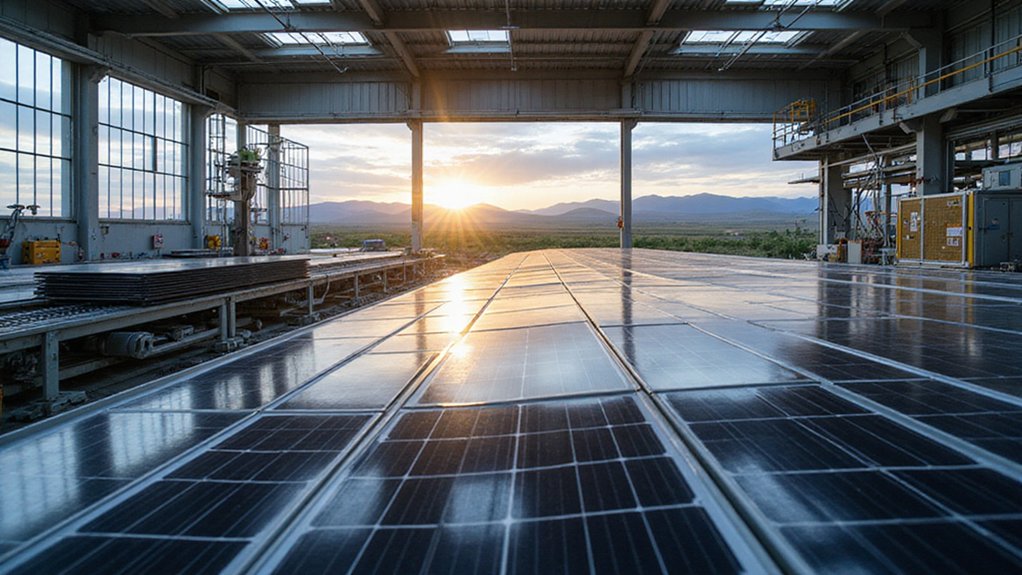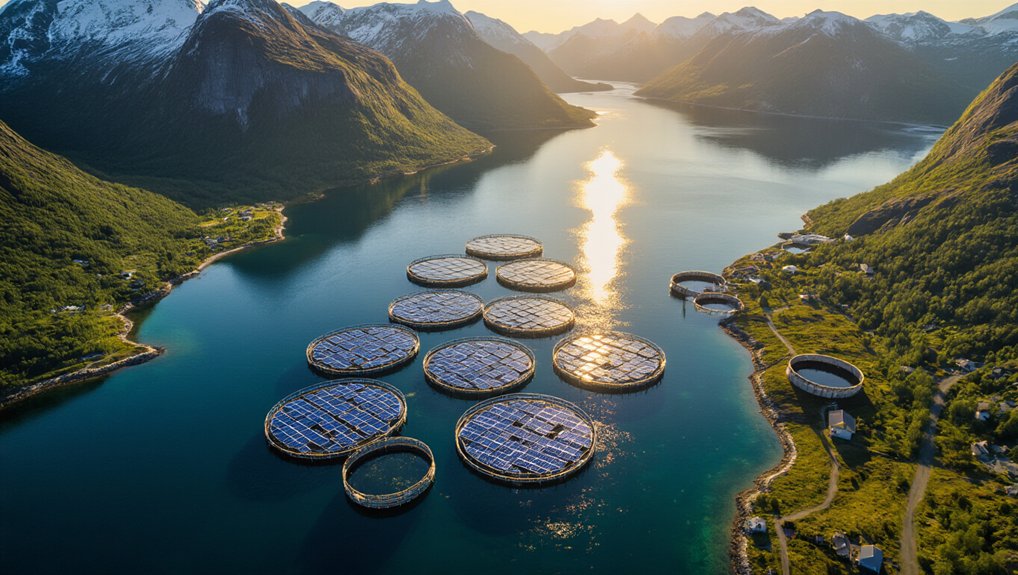Australia’s biofuel industry continues to struggle against fossil fuels’ dominance. Contributing less than 1% to the nation’s transport fuel mix, biofuel producers face numerous challenges. There’s no federal mandate or consistent support policies, while several biodiesel plants have closed. Despite abundant feedstocks—with approximately A$6 billion worth exported annually—Australia produces just 0.2% of global bioethanol. The industry’s future looks uncertain without significant policy and infrastructure changes.
Most Australians don’t realize that biofuels make up less than 1% of the country’s transport fuel mix. In 2016-17, biofuels contributed a mere 0.5% to Australia’s total liquid and gaseous transport fuels, showing how dependent the nation remains on traditional fossil fuels.
Australia’s reliance on fossil fuels is staggering, with biofuels accounting for less than 1% of our transport fuel landscape.
The numbers tell a stark story. As of 2018, Australia produced only 250 million liters of ethanol and 40 million liters of biodiesel commercially. By 2025, ethanol capacity is expected to drop to 175 million liters, while biodiesel will shrink to just 1.5 million liters. These figures are tiny compared to projected demand by 2050, which includes 8,000 million liters of sustainable aviation fuel and 5,000 million liters of renewable diesel.
Australia’s biofuel production barely registers on the global stage, accounting for just 0.2% of world bioethanol and 0.1% of world biodiesel output. Several biodiesel plants have closed due to market pressures, leaving only a handful of major producers operating.
The industry faces multiple challenges. There’s no federal subsidy, tax credit, or nationwide mandate for biofuel production or use. Only two states have biofuel mandates, and even these targets aren’t being met. The introduction of new fuel standards in 2022 failed to increase the national ethanol blend rate.
What’s puzzling is that Australia has plentiful feedstock. Large supplies of grains and molasses could be used for ethanol, while canola, tallow, and used cooking oil are available for biodiesel. The country actually exports significant quantities of non-GM oilseeds to European markets for biodiesel production rather than processing them domestically. This represents a missed opportunity, as Australia exports feedstocks valued at approximately A$6 billion annually that could be processed locally. However, only a small fraction gets converted to biofuels.
Major producers like Manildra Group, United Petroleum, and Wilmar Sucrogen continue to produce bioethanol, while companies such as Just Biodiesel and Eco Tech Biodiesel maintain operations despite the challenges.
Without policy stability, infrastructure development, and protection from cheaper imports, Australia’s biofuel industry seems destined to remain a minor player as fossil fuels continue their dominance in the country’s energy landscape.
References
- https://www.fas.usda.gov/data/australia-biofuels-annual-3
- https://en.wikipedia.org/wiki/Biofuel_in_Australia
- https://www.ieabioenergy.com/wp-content/uploads/2024/12/CountryReport2024_Australia_final.pdf
- https://arena.gov.au/assets/2019/11/biofuels-and-transport-an-australian-opportunity.pdf
- https://farmonaut.com/australia/australias-renewable-fuel-revolution-boosting-domestic-biofuels-for-energy-security-and-sustainability/








